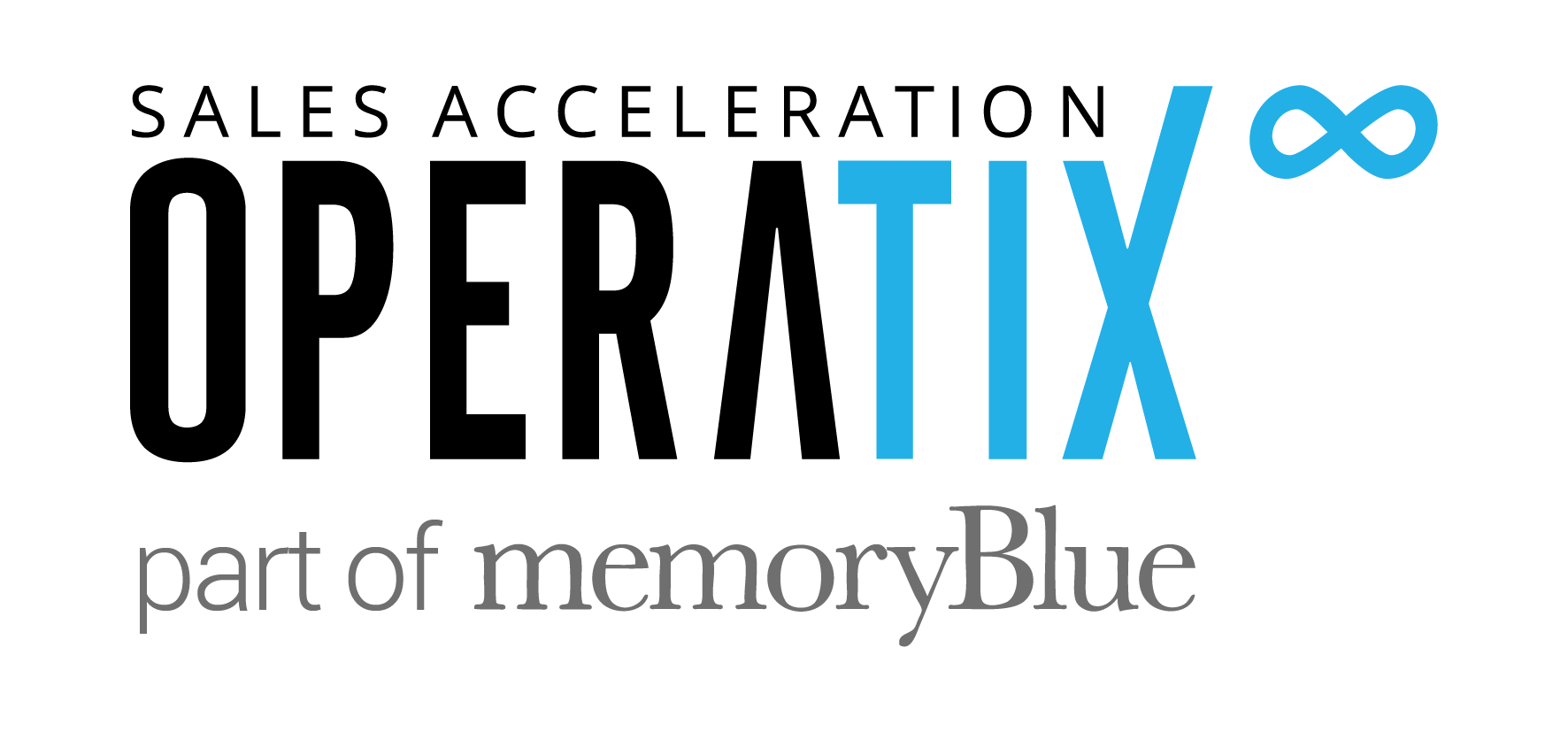It is widely acknowledged that the Cybersecurity sector is extremely crowded with loads of new exciting vendors and technologies coming to market all the time.
We’ve interviewed Lewis Henderson, VP of Product Marketing and Threat Intelligence at Glasswall to understand how cybersecurity vendors can differentiate themselves in the market and stand out in a crowded market.
According to Lewis, CISO’s (Chief Information Security Officers) are bombarded with companies all making the same promise: 100% protection.
How about technology companies took an honest tack for a change?
Being straightforward about your abilities — and eschewing impossible absolutes — will help you instantly cut through all the clamor.
Lewis calls himself a technology geek who loves the science behind data and threat intelligence. He explained that Glasswall takes a file, deconstructs it, and rebuilds a safe, clean version of that original file in under a second to send back to a user.
“Looking to analyze threat intelligence when you’re a technology company is actually getting that 50,000 foot view across all of your customers,” he said. “It’s how I use that customer data and translate it into something that’s really usable for them.”


People do genuinely buy from people and being open and transparent and honest certainly got that shift towards us.
Lewis Henderson
Standing out from the crowd
Based on Lewis’s experience throughout his 20-year career in the industry, he’s learned what’s important for vendors to do to make it through such a crowded market to differentiate themselves.
1 — Get rid of absolute language
The language that cybersecurity technologies have traditionally used is one of absolutes: 100% protection against all vectors. “That should be encouraged to be phased out,” Lewis said.
He became disillusioned when he learned that tech companies couldn’t actually deliver on an absolute marketing promise. “The recipe of how we’ve been successful is just approach our customers very, very differently and be honest that our technology only does file and document security,” he said.
Upfront and clear messaging helps your company specifically and the entire customer experience.
2 — Share your knowledge
Lewis gave a shout-out to blogging. “This is not sales, this is not marketing. This is just allowing a team of individuals who are really, really talented and know their stuff to share ideas safely in the public domain,” Lewis said.
Intellectual property and patents draws the idea of being highly protective over information. “You shouldn’t have to put a lid on the entire company. It’s really important to start to let people actually talk,” he said.
“It’s really interesting to watch us go through this process of being really, really closed, working with intelligence services, to being now really, really open about our methodology, without corrupting intellectual property,” he said.


Looking to analyze threat intelligence when you’re a technology company is actually getting that 50,000 foot view across all of your customer.
Lewis Henderson
3 – Create your own category
Some marketers may say that you should create a new category to avoid the competitor problem altogether. You could either update the product or change messaging to achieve this…
Glasswall has created a technology that has, in turn, created a market segment.
Step back — cybersecurity is a massive market heading toward trillions of dollars. Even just a segment of that market is still a huge market.
Lewis told the story of how Glasswall and Gartner created CDR (Content Disarm Reconstruction). In 2015, Glasswall started a relationship with Gartner over Glasswall’s different new technology. And in 2016, Gartner invented the elegant phrase of CDR to describe the technology and create the category.
Invasive spear phishing
As well, cyber threats have their own category, such as ransomware and phishing. As much as the general public understands that phishing is cyber-attacks through email, they probably don’t know what spear phishing is (an attack on single company by trying to get users to click on links and open email attachments).
As VP of Threat Intelligence, Lewis zeroed in on this segment and noticed a good case of looking at all your customer data and trying to use it positively in the marketplace.
“What I saw in amongst all our data, which is based on malicious email attachments, 70% of them represented a completely unique event, unlike a lot of other types of cyberattacks that I’d seen,” he said. These were malicious email attachments coming from a single email address going to a single recipient with a completely unique email attachment.
“You’re talking about a 1-in-25-million incident,” he said. “Taking that extension of phishing, which morphed into spear phishing, I came up with a new threat category called invasive spear phishing.”
It boils down to using elegant and specific language to describe a new category both in technology offerings and in threat types.
This new category attracted media attention — which was great from a marketing perspective — and the attention of other cybersecurity professionals (who found invasive spear-phishing just as fascinating as Lewis did). “Take time to get someone to look at your data and see how you can translate it,” he said.
Reach out to Lewis on LinkedIn to learn more about how to stand out in a crowded market.
To hear this interview, and many more like it, you can subscribe to The B2B Revenue Acceleration Podcast on Apple Podcasts, on Spotify, or on our website.
If you’re wondering why Glasswall chose Operatix to support their pipeline generation, we’d love to tell you. Check out here.




